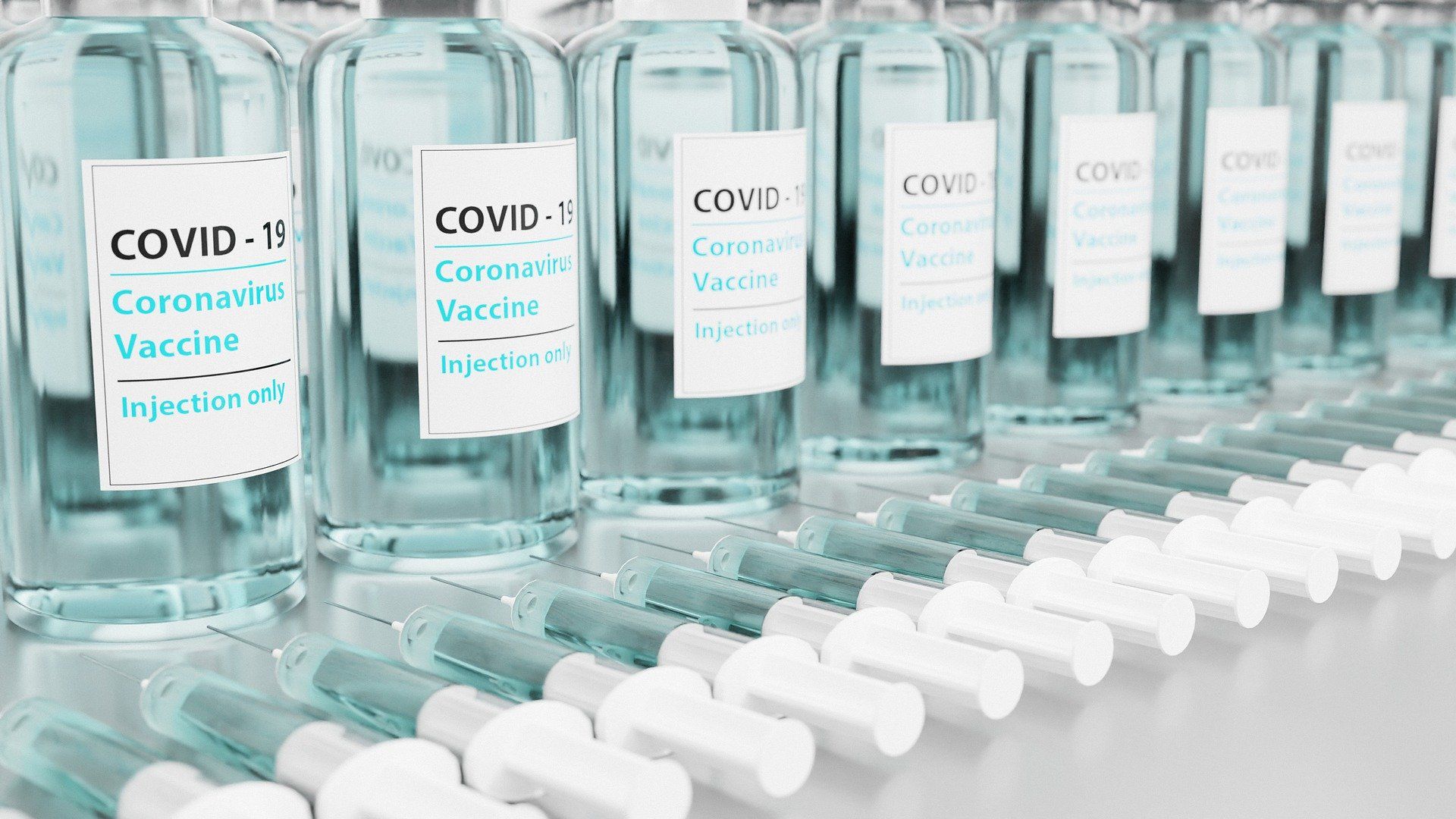According to the World Health Organisation, “Vaccine efficacy measures a vaccine’s protection against a disease/pathogen in a vaccine trial.” It can be defined as the percentage reduction in a disease/of a pathogen in a test/trial group.
Also read: What is CT-count in a COVID-19 test? All you need to know
Ever since coronavirus pandemic outbreak, discussions around vaccines and their efficacy rates have only grown. People often confuse efficacy with effectiveness. The effectiveness of a vaccine is measured by how well it works when administered to people in the community outside of clinical trials. While efficacy is calculated in controlled settings, effectiveness is more of a real-world measure.
For example, 70% efficacy means that a person vaccinated in the clinical trial is two-thirds less likely to develop the disease than someone in the trial who didn’t get the vaccine.
Also read: Can taking COVID-19 vaccine around periods pose a risk? Here’s the truth
Amid the COVID crisis, India is dependent on two vaccines – Oxford/AstraZeneca’s Covishield and Bharat Biotech’s Covaxin. As per data released after the Phase III clinical trials of both vaccines, the efficacy rate of Covishield is 70%. Covaxin has reported an efficacy rate of 78%.
After phase III trials, the Astra Zeneca vaccine reported 76% vaccine efficacy against symptomatic COVID-19 and 85% efficacy against symptomatic COVID-19 in participants aged 65 years and above.
The efficacy for Pfizer-BioNTech COVID-19 was found to be 91.3% after phase III trials.







